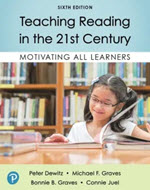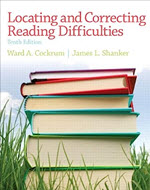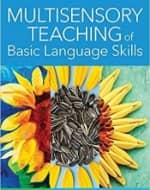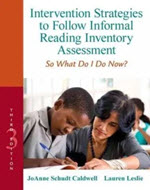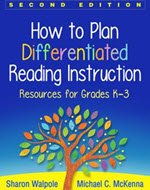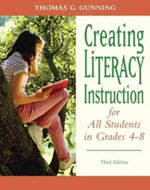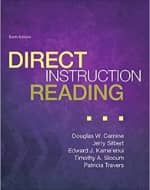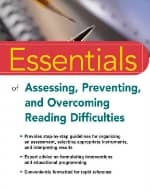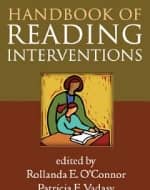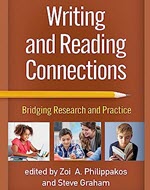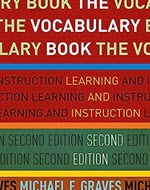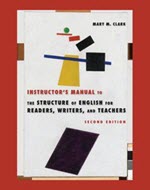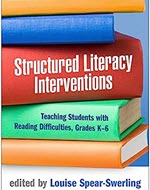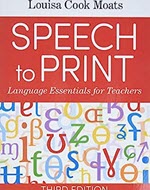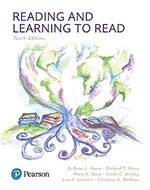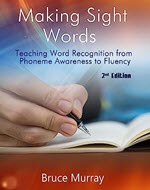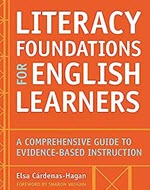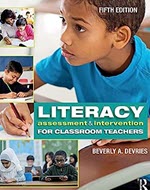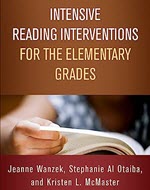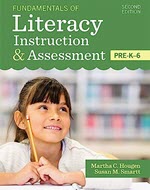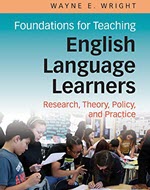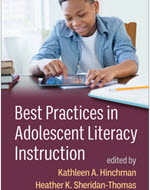NCTQ regularly convenes reading experts to conduct a thorough review of textbooks and educational materials used to teach aspiring teachers how to teach reading. These experts examine how well these materials adhere to scientifically based reading instruction, which is rooted in 60+ years of research on what makes for the most effective reading instruction.
The 2 types of materials
Experts classify each material under two designations — textbook for traditional textbooks designed for teacher preparation, or resource for additional materials, such as instructional videos, journal articles, blog posts, etc. that are used in addition to or in lieu of textbooks.
- Textbook
- Resource
The 5 critical components
Experts evaluate how well each material covers the five critical components of reading: phoneme (or phonological) awareness, phonics (decoding, word analysis, word study), reading fluency, vocabulary (language development), and comprehension. Coverage of these components should be rooted in contemporary research.
- Phonemic awareness
- Phonics
- Fluency
- Vocabulary
- Comprehension
The 3 learner populations
In addition to identifying whether materials cover the 5 critical components, experts determine if, and how well, a material supports teaching a range of learners: struggling readers, English language learners, and students who speak language varieties other than mainstream English. Coverage of these components should be rooted in contemporary research.
- Struggling Readers
- English Language Learners
- English Language Variations
The 3 ratings
To rate each item, the expert reviewer determines if the material defines and presents each component rooted in contemporary research. Acceptable texts cover components comprehensively, providing future teachers with an accurate, research-based understanding of what the component is, how to assess acquisition of the component, and how to teach the component using acceptable proven teaching methods. Comprehensive texts must contain this information for all five components, and some are categorized as Exemplary based on their level of quality and inclusion of information related to assessment. Unacceptable texts present inaccurate or unscientific information about the component definitions, how to assess acquisition of the component, and/or how to teach one or more components.
- Exemplary
- Acceptable
- Unacceptable
The 3 classifications
Materials are grouped by the evaluators into classifications according to the breadth of their content, which is determined based on the presence of the key components within the material. Comprehensive materials cover a broad spectrum of reading instruction subjects and content, and intend to cover all five components. Specialized materials address a specific reading component or a combination of reading components, but not all five. Synopsis materials provide summary information on one or more reading components, which alone are not appropriate to cover the depth of information required.
- Comprehensive
- Specialized
- Synopsis
Learn more about how we scored the Reading Foundations Standard.
See the Methodology


